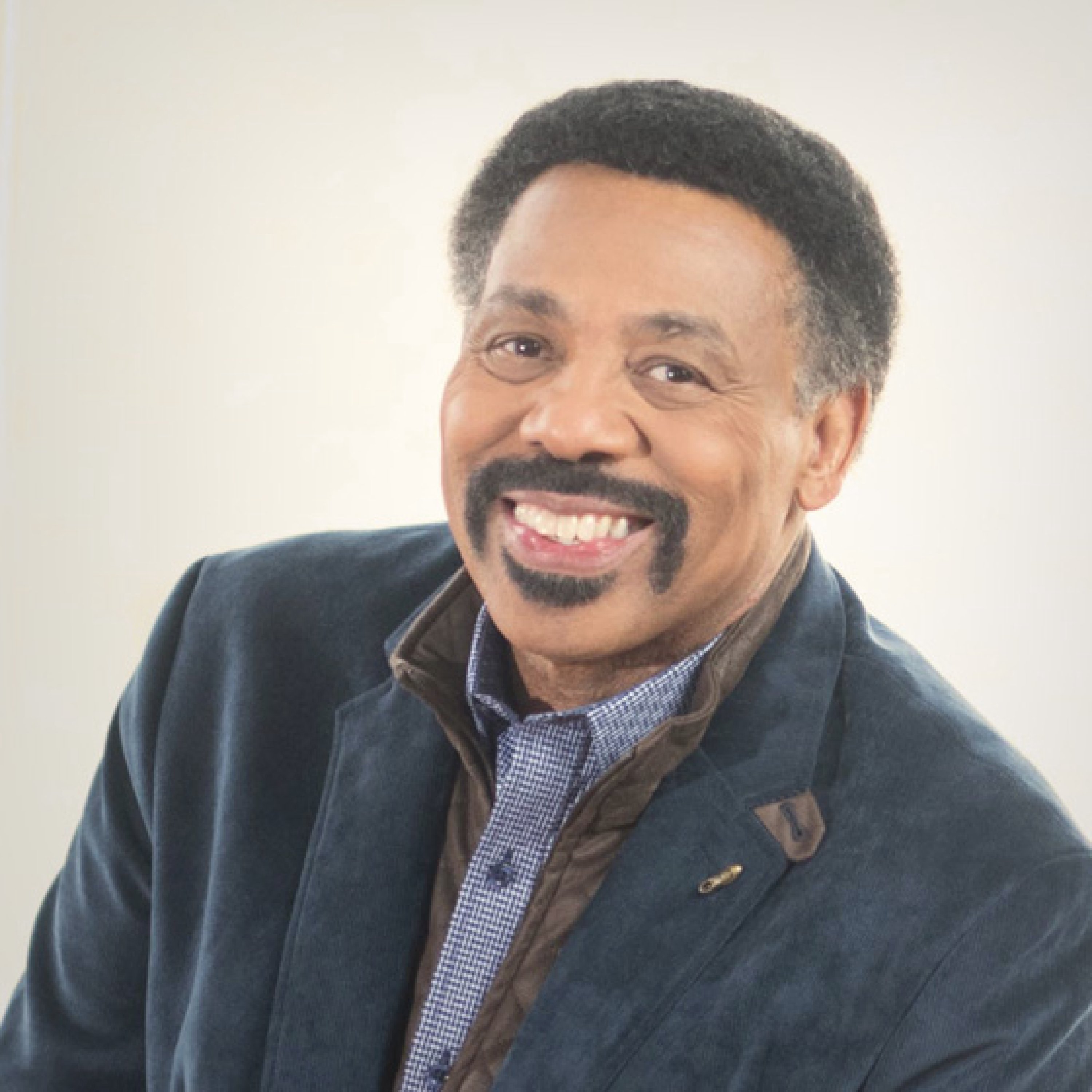
THE WORD OF THE WEEK - WOW - PRESENTED BY EXHORTATION MINISTRIES
Exhortation Ministries is proud to present WOW - "The Word of The Week Podcast" to focus your bible study on how everyday words are used in scripture.
This SHORT podcast (about 5 minutes) is complete with definitions, applicable scriptures and a commentary that will help you apply the concepts of The Word of God to your life.
The personal thoughts shared in the WOW podcast are based on my personal life experiences and sometimes current events. WOW is relevant, sometimes funny, always thought provoking, while being easy to understand as you take this word journey with me though the scripture.
Be sure to subscribe, like and become a member of the "WOW" fan club by supporting this ministry on your favorite platform. There is even "merchandise" to show that you have become a real WOW fan.
WE WOULD LOVE TO HEAR FROM YOU!!
Please feel free to share your thoughts, stories and experiences with the WOW via email: osnewton@wow-newton.com.
God Bless You!!
Orine OUT!
THE WORD OF THE WEEK - WOW - PRESENTED BY EXHORTATION MINISTRIES
WORD OF THE WEEK - CHURCH - 7-27-25
Definition: CHURCH - in the New Testament, means “called-out assembly”. It refers not to a building, but a body of believers who confess Jesus Christ as Lord and Savior.
Scriptures:
Matthew 16:18 - “And I also say to you that you are Peter, and on this rock I will build My church, and the gates of Hades shall not prevail against it.”
Acts 8:3 - “As for Saul, he made havoc of the church, entering every house, and dragging off men and women, committing them to prison.”
Ephesians 5:23 - “For the husband is head of the wife, as also Christ is head of the church; and He is the Savior of the body.”
Website: www.wow-newton.com
Website: www.wow-newton.com
Email: osnewton@wow-newton.com
THOUGHT
If you would rather listen to the transcript rather than read it please click here and hit PLAY!
What Is the Church?Attending church has always been an integral part of my life. Over the years, I have worshipped in places labeled as temples, tabernacles, sanctuaries, houses, mosques, cathedrals, synagogues, monasteries, shrines—and yes, churches. To me, these were buildings where people came together to worship.
But something shifted for me when I read Acts 8:3:"But Saul began to destroy the church. Going from house to house, he dragged off both men and women and put them in prison."
Saul was not storming temple buildings—he was invading homes. That verse ignited a question in me: What does "church" really mean? That is when I began tracing its origin.
Jesus’ Defines the Church
In Matthew 16, Jesus asks, “Who do men say that I am?” Peter responds, “You are the Christ, the Son of the living God.”
Jesus affirms him and declares: "Blessed are you, Simon Bar-Jonah, for flesh and blood has not revealed this to you, but My Father who is in heaven. And I say to you that you are Peter, and on this rock I will build My church, and the gates of Hades shall not prevail against it."
Here, Jesus was not talking about erecting a physical building. He was speaking of building a people—set apart, chosen, and empowered for God’s purpose. The Church is not made of stone and wood; it lives in the heart of every person who believes in Jesus Christ and acknowledges Him as Lord and Savior. It is a Christ-established fellowship, accessible only through faith in Jesus’ sacrifice.
Under the Old Covenant, reconciliation with God was mediated through laws and sacrifices—animal blood stood in for human sin. But through Jesus Christ, God restructured the relationship. At the death of Jesus, the veil separating humanity from God’s divine presence was torn (Matthew 27:51), ushering in a new way to approach God—directly, personally, and intimately.
The early believers knew this shift fulfilled the words of Isaiah. They embraced the covenant Jesus established and lived out their faith, empowered by the Holy Spirit, to build and guide the church. Their zeal was not for buildings, but for people and for the Spirit of God.
Where Did the Early Church Meet?What mattered was not where they met, but how: in spirit and in truth. They gathered in: Homes and upper rooms; Synagogues (until they were cast out); Courtyards and gardens; Schools and public squares. Their gatherings were flexible, relational, intimate, and grounded in truth. Wherever two or three were gathered, they became the church (Matthew 18:20).
What Did the Early Church Do?They were a community of love and purpose. They:• Studied Scripture—the teachings of Jesus and the apostles.• Celebrated communion and baptism• Prayed together, seeking God’s wisdom.• Shared resources and supported one another.• Worked together to address individual and collective needs.• Practiced their spiritual gifts like prophecy, healing, tongues, and teaching.• Strengthened and supported their leaders and resolved conflict.• Cared for widows, orphans, and the vulnerableLove was their foundation. Without it, they could not exist.
What Was Their Purpose?To nurture the faith of believers—and bring others into the faith. They lived to reconcile humanity with God, continuing the mission Christ entrusted to them.
Does Your Church Reflect This?In light of this legacy, we must ask: Does our church resemble the early church?If not, why have we drifted?
If this is what Jesus died to establish, why, as Jesus’ followers, would we deny the power and beauty of that divine relationship?
God Bless You!
Podcasts we love
Check out these other fine podcasts recommended by us, not an algorithm.

